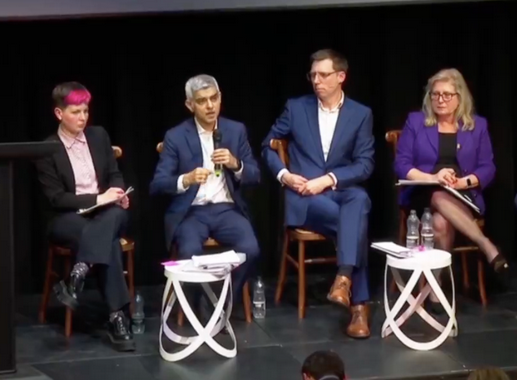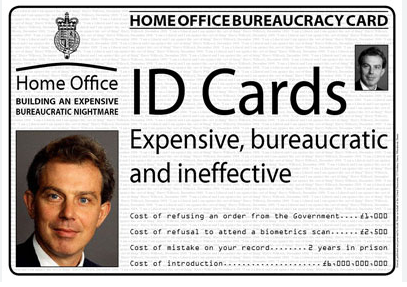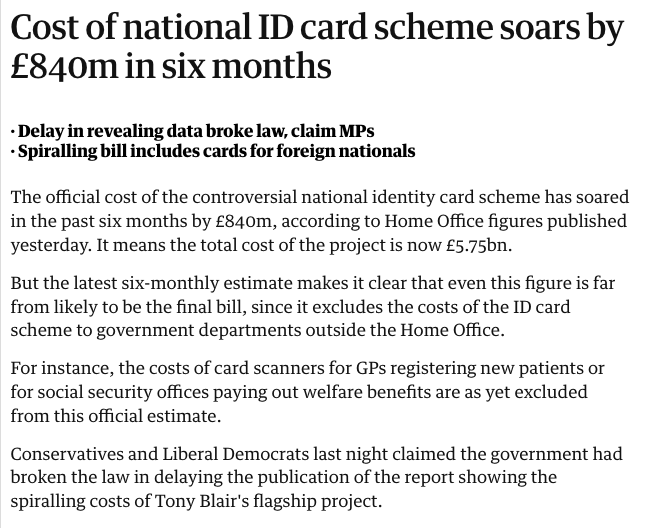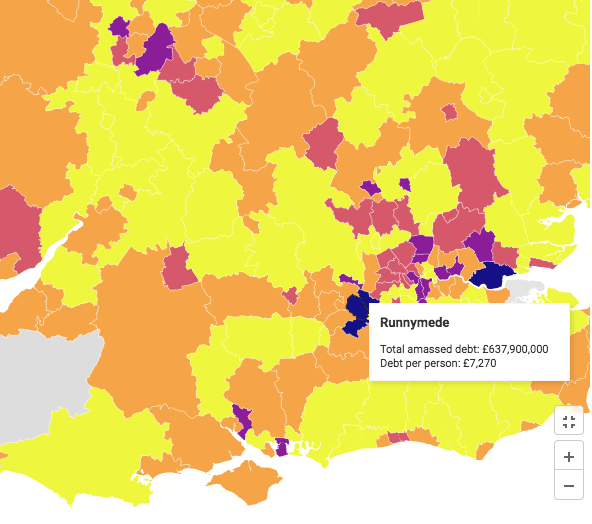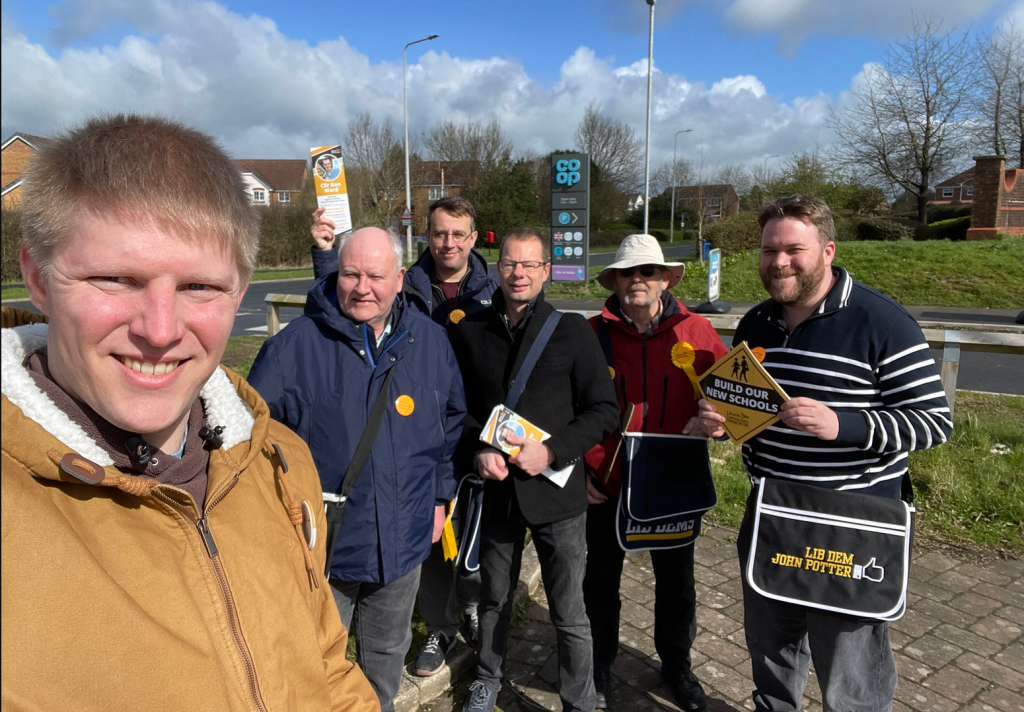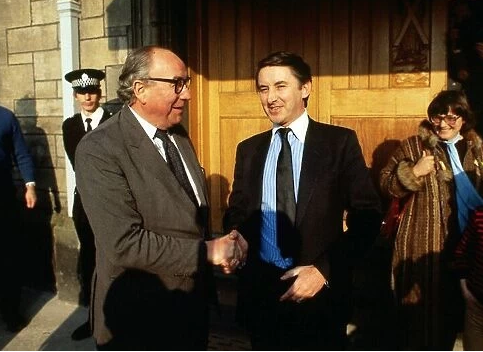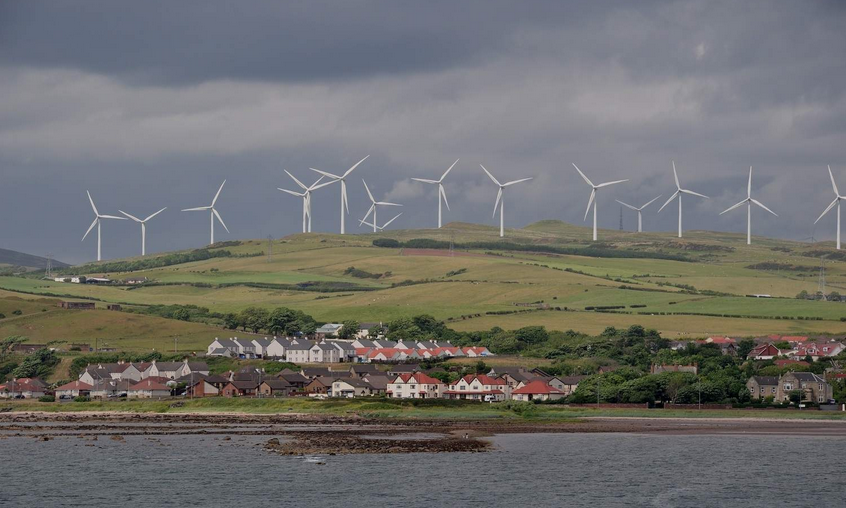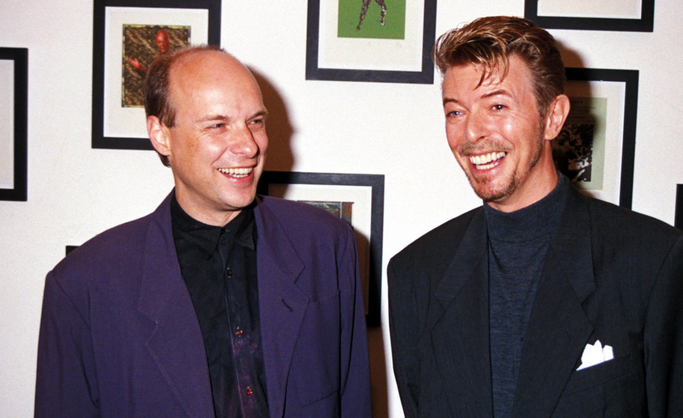It’s election year and it’s no great surprise to see a number of hatchet jobs on the Lib Dems across the print media, especially the right wing tax exiled/foreign owned press. Part of the reason I write blogs is to be a (low circulation) liberal counterblast to the partisan media that generally does us no favours. Some of the stories lately have been trumped up and specious attacks that I won’t dignify with a response. One piece however, by George Eaton in the New Statesman, hypes up the Greens prospects in Bristol, and asks a serious question – Can the Greens ever overtake the Lib Dems? My short answer to this is that it’s possible, it’s happened in other Anglo-Saxon countries, but it’s unlikely in Britain in the foreseeable future. Let’s get into it . . .
Goldilocks scenario for the Greens – a warning from Australia
The 1973 oil shock reverberated around the industrial world, causing social and economic problems for a decade or more, and reset politics in a few countries, in both Britain and Australia it benefited the third force, eating away at a post-war two party status quo. For Britain that was the Liberals, for Australia it was the Democrats. The Democrats were led by the charismatic Don Chipp who was known for the phrase ‘Keep the bastards honest’ – acceptable as part of mainstream discourse because bastard is not an offensive term in Australia and the level of cynicism towards the political elite is particularly high there.
People were comfortable with the Democrats offering competition to the two major parties and keeping them on their toes. The Democrats then blotted their copybook hugely when holding the balance of power in the upper house, they voted with the Liberal Party (equivalent to our Conservatives) in the late-90s several times, thus acquiescing to a number of right wing measures including the highly controversial and regressive Goods and Services Tax (a version of VAT). In the 2004 and 2007 elections the Democrats collapsed, following what is now a familiar dynamic of the public giving the junior partner in any power sharing agreement (especially a liberal left one) a really good kicking.

Throughout the 2000s the Democrats were overtaken by the Greens as the third force in Australian politics. Australia’s political culture and electoral system allows for minor parties and independents to be a permanent fixture in parliament. Unfortunately for the Democrats, when people are looking for an alternative they no longer look in their direction. Thus in the 2022 Federal Election there was a massive upswing in independents, some of them dubbed the Teals, with centrist views similar to the Democrats, but not running on a Democrat ticket.
Is there a way back for the Australian Democrats? I wouldn’t count them out but they have to fight their way past assorted Indies and the Greens to regain their former position. It’s a distant prospect at the moment. The harsh lesson dealt to the Aussie Demos was actually a major spur for me to join the Lib Dems, because in 2015 we bombed out just like our Antipodean cousins had a few years beforehand, and I didn’t want to stand idly by while the party I loved atrophied away and was consigned to the margins. Thankfully I wasn’t alone in thinking that way.
Green growth in Britain – starting to triangulate
Not unlike their Aussie counterparts, Greens in Britain have been on a slow march to electoral success. Their big breakthrough at the Euro elections in 1989, when they finished 3rd on 14.5% proved to be a false dawn – the Lib Dems were just getting their act together as a merged party and sudden scrutiny of the Greens ended in tears with a notorious appearance by David Icke on the Wogan show where he revealed himself to be a nut job (he had recently resigned from the party but it remained tainted by association for some time).
You don’t need me to tell you that the party has been gaining momentum in the last 15 years in Britain, often people compare this to the rise of the Greens in Germany and how this signals a form of post-materialist politics – the most affluent no longer chase more money at all costs as this conflicts with a good quality of life.

It must be an immense source of frustration for the Greens that they are now in a range of 750,000 to 1,250,000 votes at General Elections but they can’t get beyond wining a solitary seat in Brighton – they get the rawest deal from First Past the Post out of everyone. When people are being optimistic they ask where the Greens might win their second, third, fourth etc seats. The speculation about Bristol strikes me as a bit bizarre, for the Greens to win a second seat there they’d have to leapfrog past Labour’s Thangam Debonnaire who’s polled 47,000 at the last two elections – that’s close to an all-time British record. Taking a closer look at their prospects in places like Bristol and other progressive university towns is fair, however as there are plenty of crossover Green/Labour voters.
George Eaton poses an interesting question of the Greens – they’re now moving on from being a niche urban hipster party or having a fringe presence in the Home Counties ‘muesli belt’ to taking on a number of rural councils such as Mid Suffolk and Forest of Dean. Can they triangulate and offer a radically different agenda to people in small towns and the countryside compared to the big cities? In my experience rural Greens are being voted in on an ultra-NIMBY ticket that actually means they’re closely aligned to the Conservatives they’re unseating.
In practice what happens when the Greens unseat Tories in the countryside? I’m well placed to answer that as it happened my ward last year. There has been an improvement by default – i.e. the Tory councillors did precisely nothing for the local community, the Greens have been active with organised litter picks in my village, but the monitoring and reporting side of things haven’t changed. Drains are still blocked, street signs are still dirty, road markings are faded, country lanes are still caked in litter. As for anything major like tree planting, more wild flowers or dew ponds to help insects – the Greens didn’t aim for any of that, so it hasn’t happened.
Will small changes be enough to satisfy people long term? That could be difficult for the Greens, often people don’t notice the voluntary work you’re doing, or don’t know who’s doing it unless you ram it down their throat.



The Greens like to do things differently – Jonathan Bartley and Siân Berry were their first co-leaders. Figures like Dale Vince keep the Green movement in the public eye. The Green Party has gained strength in Bristol – but the Labour MP in their target seat is hugely popular
Potential pitfalls for the Greens
When the Greens started out as the Ecology Party in the 1970s they offered a genuine point of difference to the political mainstream. It didn’t take long for many environmental policies to be adopted, in the 1980s we saw the removal of lead from petrol, the desulphurisation of coal-fired power plants to deal with acid rain, global agreements to phase out CFCs to protect the Ozone layer and end commercial whaling. All with Reagan and Thatcher in power on both sides of the Atlantic.
Those were great wins for the Green movement, we’ve moved on with the current agenda around climate change, net zero, habitat loss, biodiversity etc. Politically there is always the risk that the Greens become victims of their own success. At present there’s not a huge difference between the Greens’ environmental agenda and that of Labour and the Lib Dems. There’s some important differences with the Conservatives, especially with Sunak in change, and Reform is a genuine antithesis, albeit a fringe one.
Around the turn of the decade the Greens could be in the invidious position of trumpeting progress on renewables, insulation, heat pumps, electric cars and habitat restoration that’s largely been implemented by Labour in central government and assorted non-Green councils at a local level.
As the Greens lack distinctive or popular policies in other areas – healthcare, education, children’s services, social care etc – there is always a danger of other parties parking their tanks on the Green lawn and the party having nothing else to offer. Certainly its recent messaging about Israel/Gaza, essentially lecturing Israel for existing at all, shows a complete lack of nous about foreign policy (amplifying a long term naivety demonstrated by wanting to leave NATO until Russia attacked Ukraine).
Future competition in prospect
So, could the Greens overtake the Lib Dems? Certainly they’ve converged in the polls and they’ve ticked up at council level, they’re right to be optimistic about their immediate future. As a Lib Dem, however, I’d point out that our party is likely to make bigger gains in the Local Elections, may overtake the Greens in London (both in the Mayor vote and assembly members), and will make more seat gains at the General Election.
First Past the Post is not fair, it warps outcomes and we want to ditch it, but primacy does matter. The four parliamentary by election wins this term shows the Lib Dems are still the go-to as an alternative to the two main parties. The Greens were hugely talked up as a prospect in Chesham and Amersham on an anti-HS2 ticket. That the Lib Dems won instead is testament to the effectiveness and intensity of campaigning that the Greens are yet to match.

There was a possibility of the Lib Dems/Greens pecking order being upturned in 2015 and immediately after, but for now that window of opportunity is closed. The long term rise of the Greens is a game-changer, however. During the coalition years the Lib Dems lost 2,200 council seats, mostly though not exclusively to Labour. Since 2015 the Lib Dems have regained 1,600 seats, mostly but not exclusively from the Tories.
If there’s a Labour government the Lib Dems will be looking to make further gains, but from Labour, especially in places we’ve had success in before – Liverpool, Manchester, inner London boroughs. In doing so they will be in a dogfight with the Greens, the like of which we’ve not seen before. We’re in for interesting times.


